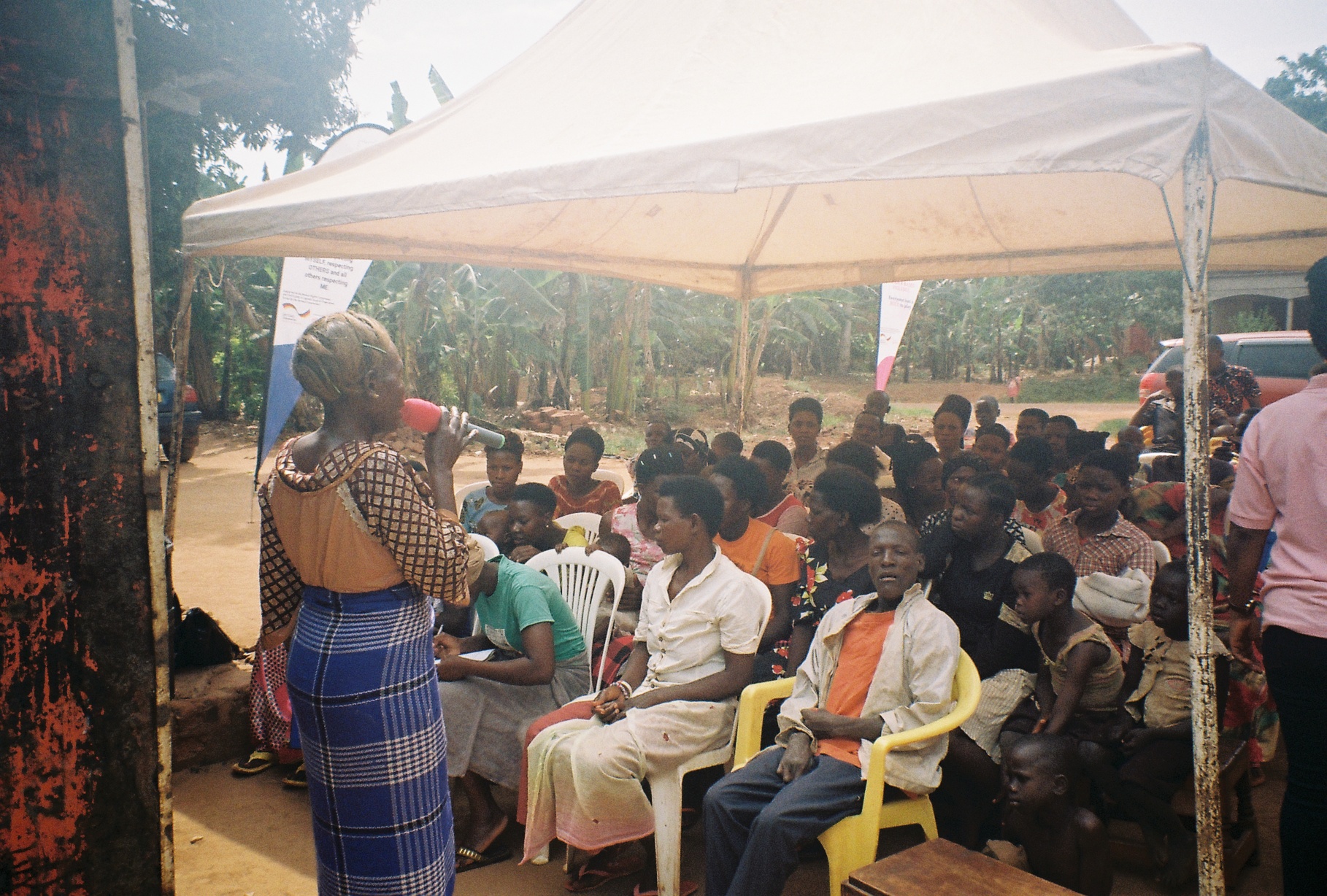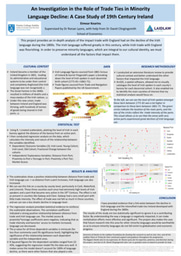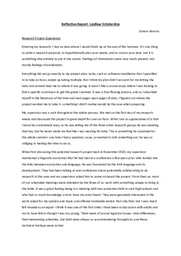Blog: LIA Showcase
I was fortunate enough o get the opportunity to travel to Jinja, Uganda with the Laidlaw Programme for my Leadership in Action project.
My Leadership in Action project was in conjunction with WORI- the Women’s Rights Initiative. WORI are a registered charity in Uganda, set up nearly 15 years ago by three local Ugandan Women. Their aim is to tackle violence towards women and focus on their education and empowerment. The organisation has four main projects in itself.
- Sexual and Reproductive Health Rights- training and awareness in schools and communities
- Economic Empowerment Program- links women’s groups to financial institutions through training
- Leadership capacity building program- trains and empowers local female leaders
- Human Rights Program- gender based violence trainings.
- Under the Human Rights Program, WORI set up the Nyonga Women’s Shelter, one of the only domestic violence shelters in Uganda. It is a place where women who have survived domestic abuse can come (With their children) and stay. While they are there, they receive counselling, care, and skills training which they can profit off of so they can become financially independent.
- East African Women’s Museum- currently setting up the first women’s history museum in East Africa, which plans to take an online and a physical form.
Originally, I had planned to join WORI in their Museum Project. Cultural research was a central element of my research project last year, and it was planned that I would lead a documentation project to gather content for the museum. However, when I arrived at the offices and set to work, I was tasked instead with researching and writing grant applications for funding for the Museum. While this is necessary work, I felt it wasn’t what I had travelled to do and few of my skills were being put to use nor was I being challenged. However, the week spent going through grant applications, opened my eyes to the weaknesses the organisation possessed that may act as a barrier to them receiving such grants. , I noticed how little evidence, statistics and testimonials that the organisation had to back up their applications. The women working in the office could recount any number of stories about women they had helped at the drop of a hat, remembering all the minute details and the names of their kids. However, this couldn’t be shown when applying for grants or improving visibility.
After a meeting with the chairperson of the organisation in which I discussed my personal concerns with the work I was doing as well as the shortcomings in information WORI had, I proposed I undertake a different project during my time. I spent the rest of my time with WORI undertaking a documentation project. Myself and another intern met with and interviewed survivors of domestic abuse and recorded their stories of their struggles and how WORI helped them- through their training programmes, the domestic violence shelter, or finance programme. Some interviews we recorded, others we wrote. We also interviewed and recorded the staff of WORI talking about their experiences and what they have witnessed in their time at the organisation. Independently, I set up a digital documentation and database for the Nyonga Women’s Shelter in order to improve their efficiency and filing system. This system also generates statistics every months which can be used for grant applications and budgeting.
The project itself was so eye opening, and what I admired the most was the candour in which the women spoke about their struggles and hardships- so openly, without filter, yet never self-pitying. Their courage to continue despite the atrocities they faced really fuelled me during my time in Jinja. Despite being a wonderful experience overall, it did not come without moments of personal dejection, fear, and exhaustion. Yet, hearing the survivors talk about their hopes for their children, talking to the workers in WORI how they know they will never witness widespread changes to the deep rooted misogyny in their culture yet want to keep working and fighting, gave me a feeling of hope and underlined the honour it was for me to get to work with such people.



Please sign in
If you are a registered user on Laidlaw Scholars Network, please sign in